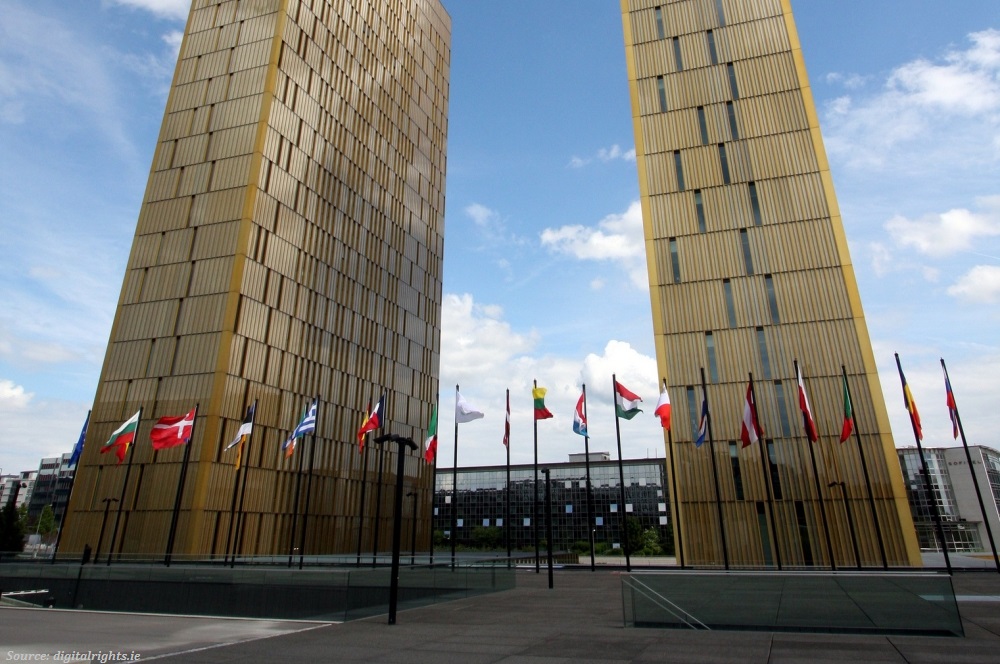On 12 December 2019, the Court of Justice of the European Union published its judgment in case C-519/18 on the interpretation of the right to family reunification guaranteed under Directive 2003/86.
The Hungarian Immigration and Asylum Office refused to grant a residence permit for the purpose of family reunification for the applicant’s sister, who suffered from depression and required medical supervision, on the grounds that she had failed to demonstrate that she was unable to provide her own needs on account of her health condition. The Court was asked to determine whether Article 10(2) Directive 2003/86 precludes a State from making family reunification of a refugee’s sister subject to conditions other than those in Article 10(2) if they are dependent on the applicant. It was also asked to clarify the scope of the meaning of ‘dependant’ in this context.
The Court first noted that the objective of Directive 2003/96 is, inter alia, to determine the conditions for the exercise of the right to family reunification. Indeed, Article 4 Directive 2003/86 specifically lists the family members on whom this right may be conferred, and Article 10(2) allows States to confer this right on members of a refugee’s family not listed providing they are dependent on the refugee. Referring to previous rulings, the Court reiterated that dependence is a result of a factual situation of material support coming from the family member with a right of residence. On this issue, the Court noted, inter alia, that the family member not listed under Article 4 must be genuinely dependent in that they cannot support themselves in their country of origin and that material support is provided by the refugee who also appears to be the most able family member to provide support. Moreover, it noted that while discretion is afforded to States under Article 10(2) this should not be used to undermine the objective of the Directive, which must be interpreted in light of the right to family life under Article 7 of the Charter of Fundamental Rights of the European Union.
The Court therefore concluded that Article 10(2) must be interpreted as not precluding States from authorising the family reunification of refugee’s sister only if she unable to provide for her needs on account of her state of health. However, a case-by-case examination of all relevant factors, including the special situation of refugees, is to be carried out by the authorities and it must be ascertained that the material support is provided by the refugee who has been deemed the family member most able to provide said support.

